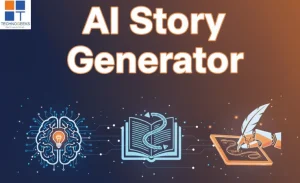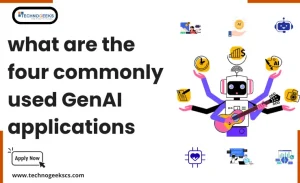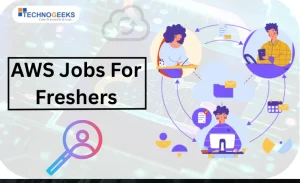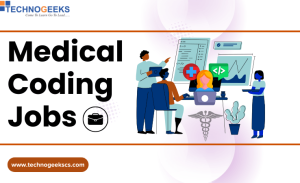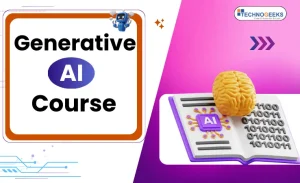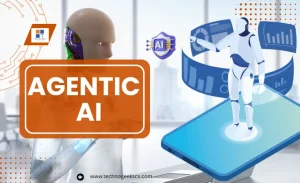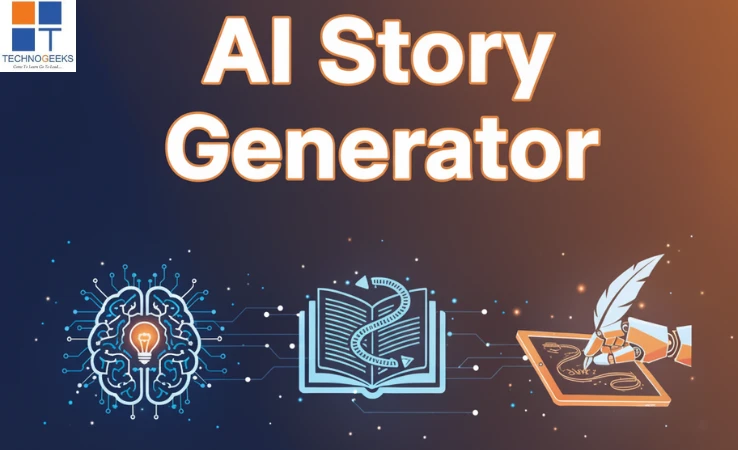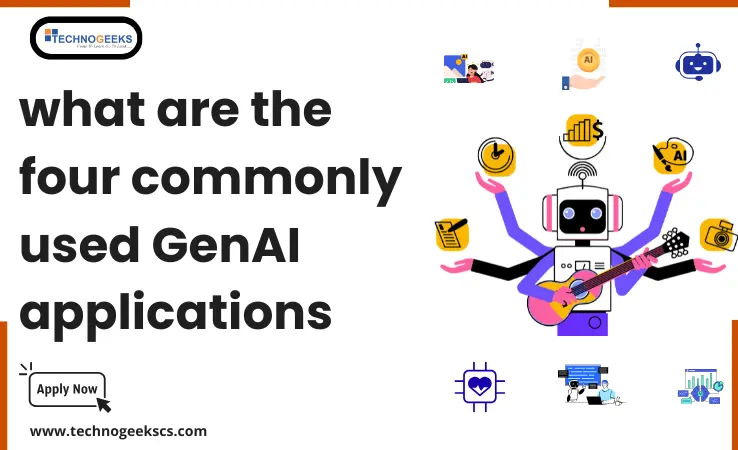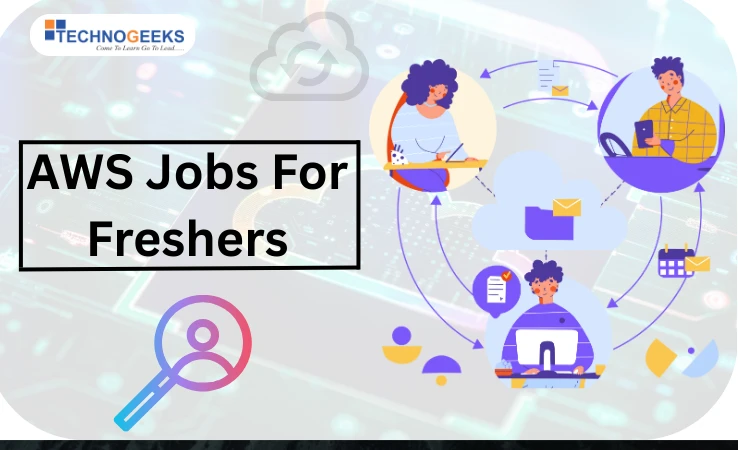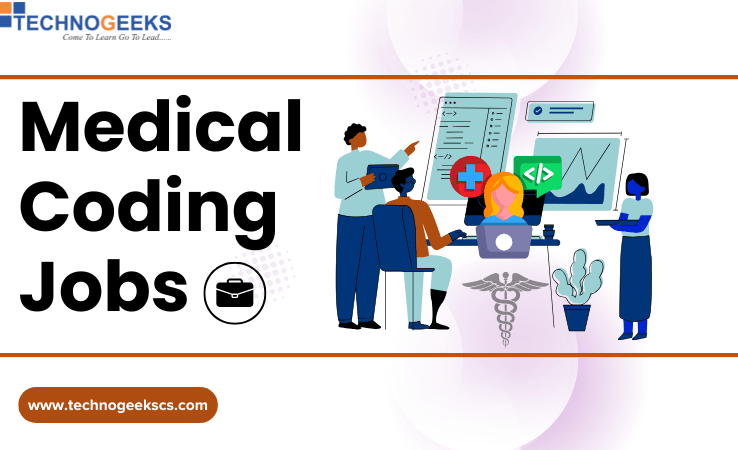Table of Contents
Toggle
Table of Contents
ToggleDevOps Course Syllabus
What is a DevOps Course?
DevOps is a rapidly growing field with a high demand for skilled professionals. In 2025, the job market for DevOps engineers is expected to be very strong, with lots of opportunities for those with the right skills and certifications.The DevOps Course covers the best DevOps tools and methods to become an expert in DevOps. The DevOps course syllabus consists of essential concepts and tools such as Git, GitHub, Jenkins, Puppet, Ansible, Maven, Docker, and Kubernetes etc. And apply these tools with best practices in real-world projects with hands-on experience.
Our Devops Course in pune is well designed to build your skills in the field of Software Development.
Level up your skills in DevOps. Enroll now and become an expert.
What is the DevOps Course Syllabus?
DevOps Course Syllabus mostly covers all the concept, principles of devOps related to tools and practices needed to Upskill in DevOps. Let’s study further what is included in the Devops Course Syllabus.
Enroll now and take the first step towards a successful career. Click here to join our courses today!
DevOps Course Syllabus
Module 01 – Basics Of Devops With Complete Introduction
- What is DevOps?
- Development + Operations
- Need of DevOps
- Problems faced by IT companies without DevOps
- Agile software development process and application in DevOps
- DevOps Delivery Pipeline
- DevOps Market Trends
Module 02 – Phases To Choose The Required Tools From DevOps Toolkit
- Planning (Development)
- Integration and Build
- Deployment
- Monitoring
- Operate/Operation
- Software distribution
Module 03 – Unix Shell Scripting
You’ll learn:
- How a script is executed
- Passing data to your script
- Write a script to back up a directory and relocate it to new location
Module 04 – DevOps And Cloud Concepts
- Introduction to EBS
- How EBS Works
- Snapshots
- Snapshot Restoring
- Pricing
- Assignment-4
Module 05 – Cloud Computing And AWS
- Introduction to Cloud computing
- Differentiation between cloud computing and in-house infrastructure
- Types of Clouds
- Cloud significance with DevOps Amazon Web Services
- Various AWS services· EC2, VPC, IAM, Elastic Beanstalk
Module 06 – Linux Administration
- Basics of Linux
- Types of Linux Distribution Available
- Command Line Interface
- Frequently used Linux DevOps commands
- Shell Scripting usage in Linux
Module 07 – Git
- Git Introduction
- Version Control System (VCS)
- Git as SCM
- GitHub Repository
- Git Bash Command-line Interface
Module 08 – Maven
- Maven Introduction
- Build Automation Process
- Software built and dependencies
- Maven Snapshot Build
- Git and Maven integration
Module 09 – Jenkins
- Introduction to Continuous Integration
- Implementation of continuous integration
- Jenkins Installation
- Jenkins Architecture and terms of Jenkins
- Overview of Jenkins UI and How to configure a system
- Configuring a Jenkins Job
- Introduction to Plugins
- Commonly used plugins (Git Plugin, container deploy, and Green Balls)
- Configuring Jenkins to work with Java, Git, and Maven
- Creating a Jenkins Build and Jenkins workspace
- Configure Jenkins to check for source code changes periodically.
- Creating a Freestyle Build Job
- Distributed builds & Notification System
- Joins
- Security
- Pipeline
Module 10 – Terraform
- What is Terraform?
- Use Cases
- Terraform V/s Other
- Installing Terraform
- Build Infrastructure
- Change Infrastructure
- Destroy Infrastructure
- Resource Dependencies
- Provision
- Input Variables
- Output Variables
Module 11 – Puppet
- Introduction to Puppet
- Puppet Master and Agent Setup
- Puppet Module
- Node Classification
- Puppet
- Environment
Module 12 – Ansible
- Introduction to Ansible
- Installation of Ansible
- Working with command-line tools
- Configuring Ansible Roles
- Write Playbooks
- Executing ad hoc command
Module 13 – Docker
- Docker Introduction
- Containers in Docker· Difference between VM and Container
- How to create and run Docker Image
- Docker Registry
- Docker Container Management
Module 14 – Kubernetes with AWS
- Why do I need Kubernetes and what can it do?
- Architecture
- Containers
- Workloads
- Pods
- Controller
- Create Cluster
- Deploy Application
Module 15 – Nagios
- Introduction to Continuous Monitoring
- Introduction to Nagios
- Installing Nagios
- Nagios Commands and Notification
Conclusion
The DevOps course syllabus provides a roadmap to become an expert on DevOps. As in this blog we cover important concepts from Devops including Cloud Computing in AWS and various tools and methods introduced in the Devops Course Syllabus.
The Technogeeks DevOps Course in Pune covered daily assignments and real-world projects to ensure hands-on learning.
Learn DevOps Course In Pune With 100% Placement Assistance
Call Us +91 8600998107 / +91 7028710777 For More Details




